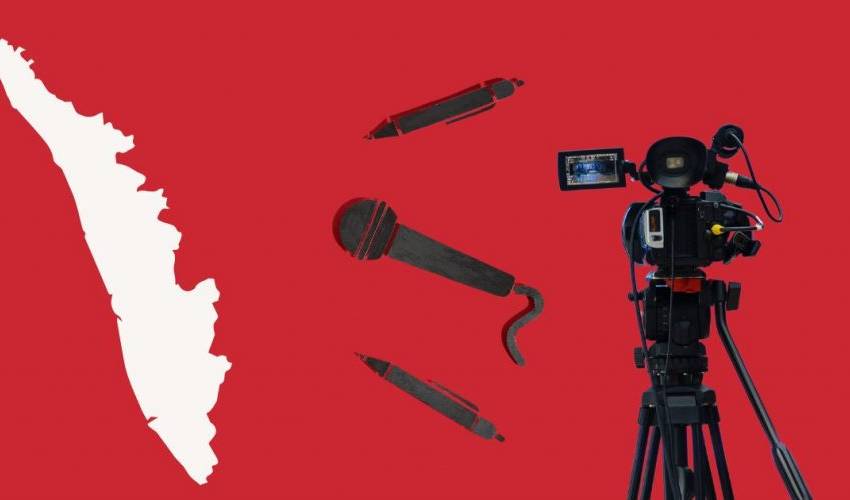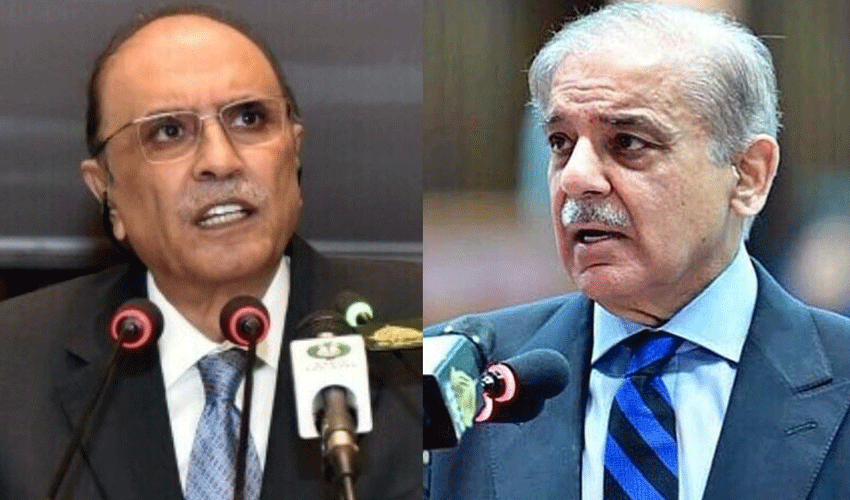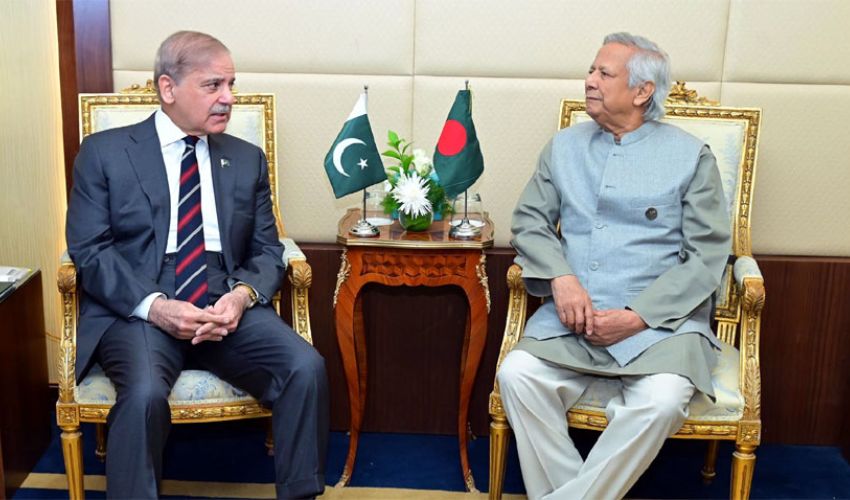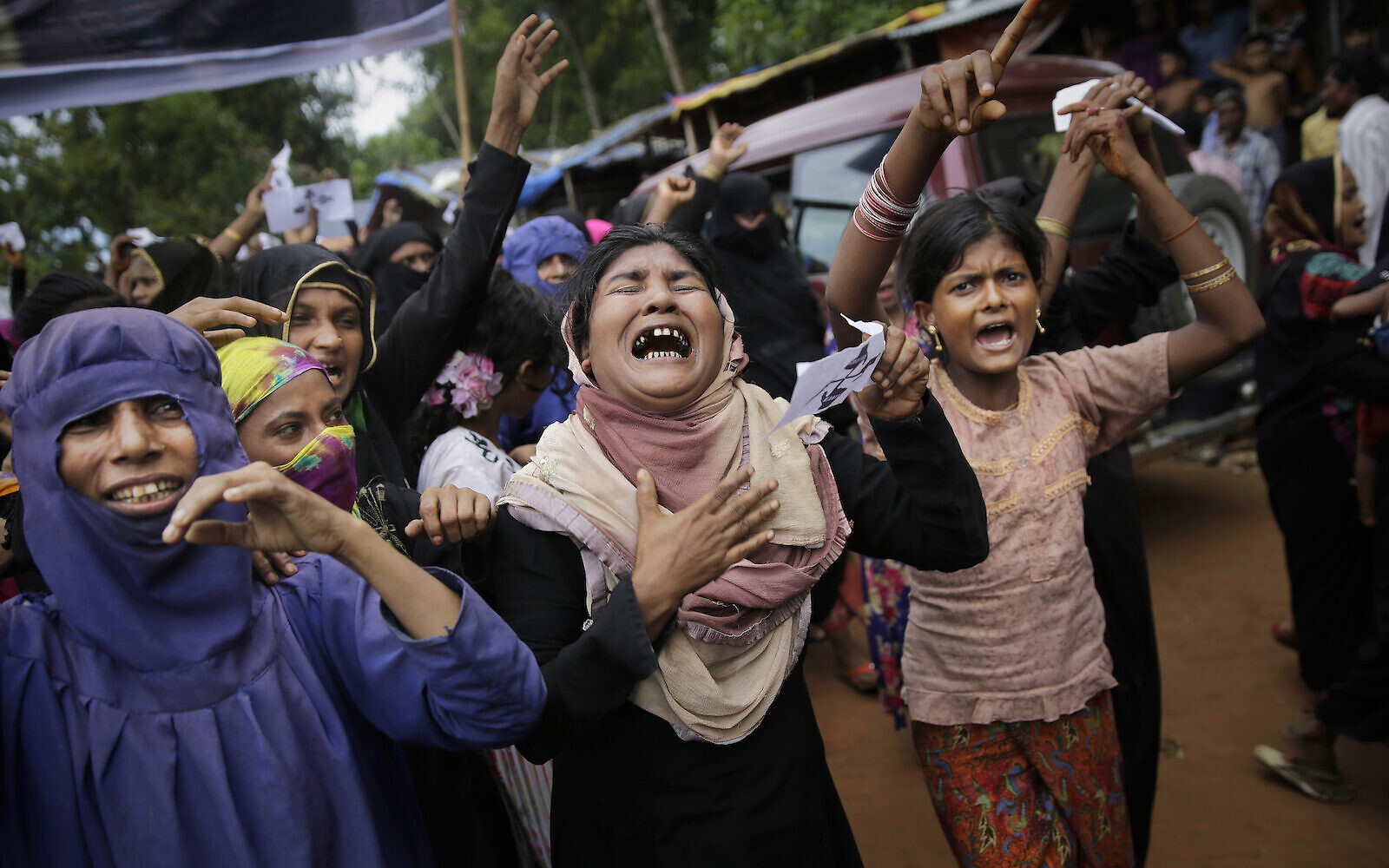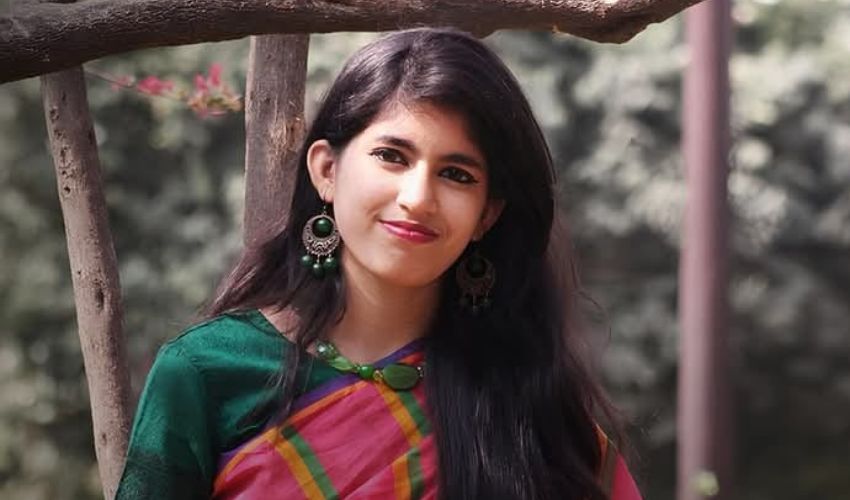The recent tragic killing of Pakistani journalist Khalil Jibran near his home in Khyber Pakhtunkhwa’s Landi Kotal town serves as a grim reminder of the severe risks faced by journalists in the country. This incident underscores the ongoing challenges journalists encounter daily in their pursuit to bring vital information to the public amidst a backdrop of inadequate security and threats to press freedom.
Journalists in Pakistan operate in a perilous environment where their safety is often compromised due to various factors. The state's failure to provide adequate security and uphold press freedom leaves journalists vulnerable to intimidation, violence, and even death.
One of the most significant issues plaguing the safety of journalists in Pakistan is the lack of accountability for attacks and threats. Despite calls from journalists’ unions and civil society for justice and security measures, there is a pervasive sense of impunity among those who perpetrate violence against journalists. This impunity not only undermines the rule of law but also perpetuates a culture of fear and self-censorship within the media community.
Political and feudal influence
The political landscape in Pakistan is heavily influenced by feudal lords and industrialists who often wield significant power and control over local communities. Journalists frequently face threats and intimidation from these influential figures, who may have private armies at their disposal and are known to retaliate against any scrutiny or criticism. The dual role played by some politicians, who champion press freedom in opposition but stifle it when in power, exacerbates the challenges faced by journalists.
Challenges to press freedom
Journalists across Pakistan routinely face threats and intimidation from various quarters, including political entities, militant groups, and local power brokers. These threats can range from verbal harassment to physical violence, making it exceedingly difficult for journalists to perform their duties without fear for their safety.
In addition to physical threats, journalists also contend with legal and regulatory barriers that hinder their work. Some laws are selectively enforced to target journalists critical of the government or powerful individuals, leading to legal harassment and even imprisonment under dubious charges. The introduction of restrictive laws aimed at curtailing press freedom further complicates the media landscape in Pakistan.
Strengthening security measures
To address the escalating risks faced by journalists, Pakistan must prioritize the safety and security of media professionals. This includes:
- Enhanced security protocols: Implementing robust security measures to protect journalists at risk, including threat assessments and provision of adequate security details where necessary.
- Accountability mechanisms: Ensuring swift and impartial investigations into attacks on journalists and holding perpetrators accountable under the law.
Safeguarding press freedom
Protecting press freedom is crucial for a democratic society. Measures to safeguard press freedom include:
- Legislative reforms: Reviewing and amending laws that restrict freedom of expression and press freedom, ensuring they align with international standards.
- Public awareness and advocacy: Raising public awareness about the importance of press freedom and advocating for policies that protect journalists' rights to report freely and without fear.
The international community plays a vital role in supporting press freedom and protecting journalists at risk. Diplomatic pressure, advocacy efforts, and support for local civil society organizations can help amplify calls for justice and accountability in cases of attacks against journalists.
International organizations and media advocacy groups can collaborate with local partners to implement safety initiatives for journalists. This includes training programs on safety protocols, digital security measures, and legal rights awareness to empower journalists in high-risk environments.
The safety of journalists and the protection of press freedom are fundamental pillars of a democratic society. In Pakistan, the challenges faced by journalists are profound, ranging from physical threats to legal barriers and political intimidation. Addressing these challenges requires a concerted effort from the government, civil society, and the international community to uphold press freedom, strengthen accountability mechanisms, and ensure the safety and security of journalists. By safeguarding press freedom, Pakistan can foster a media environment where journalists can fulfill their crucial role in informing the public and holding power to account.





